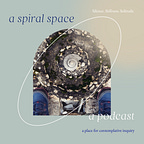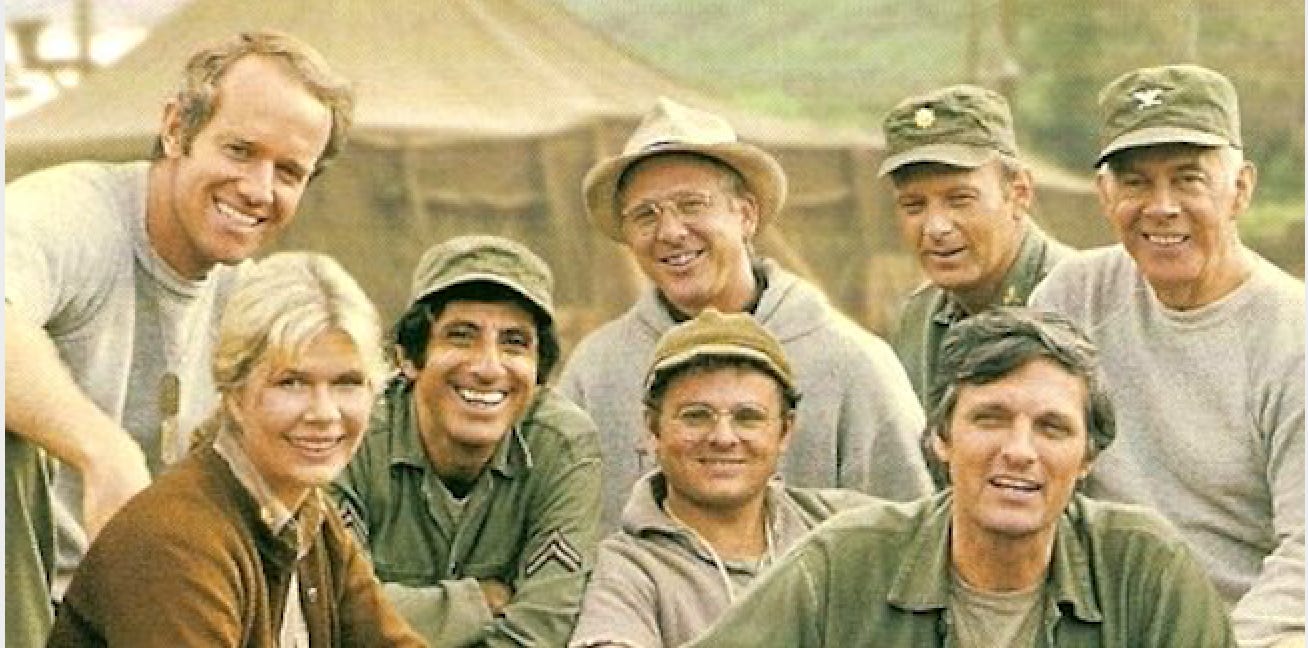Welcome to your random dose of digital Spiritual Direction, or what I like to call “therapy for your God baggage.” There’s two sections here, a podcast on prayer and a reflection that pairs with the pod. Pick and choose, read or listen in any order. Thanks for being part of the conversation.
🌿 🌿 🌿 🌿 🌿 🌿 🌿 🌿 🌿 🌿 🌿🌿 🌿 🌿 🌿 🌿 🌿 🌿 🌿 🌿 🌿 🌿🌿 🌿 🌿 🌿 🌿 🌿 🌿 🌿 🌿
How are you at juggling these days?
In a graduation address to Georgia Tech, Bryan Dyson, President and CEO of Coca Cola described work life balance like juggling glass and rubber balls at the same time. Some balls, if dropped, will bounce back, others will break. I’ve also heard this metaphor described as a tennis ball machine in over drive. With only a split second to decide, you have to determine which balls are rubber, and will bounce as you let them go by, and which are glass, and will break if not caught.
I don’t know about you, but this past (school) year I’ve felt like all the balls are glass and I’m dropping them all the time. When life is moving fast how do we discern what to hold onto and what to let go of? How do we determine what our next step should be? It’s hard to decide what to make for dinner right now let alone make of my life.
Tina Fey’s 2011 essay in The New Yorker, Confessions of a Juggler: What’s the rudest question you can ask a mother?
St. Ignatius of Loyola has a tool that might help — the Ignatian Exercises of discernment. I have given the chapter on Spiritual Discernment in Fr. Jim Martin’s book to several clients, but this year was the first time I followed the steps for myself. I read along and followed each of the steps taking time for silence and reflection
Try to take on a mindset of detachment or indifference to the outcome. (very Buddhist)
Pray (Set an intention to listen and be guided towards understanding.)
Make a list of pro’s and con’s. (I love that this is a part of a 500 year old spiritual exercise.)
Imagine yourself living into the choices.
If someone you loved was coming to you with this decision what would you counsel them?
If you were on your deathbed, what would your future self say to your present self about this decision?
Look for an affirmation that you have made the right decision.
but then my mouth dropped open when I read —
“If you are currently in a state of desolation, you should refrain from making a decision until you are in a healthier state.”
Hear that again… if right now, you are too stressed out, depressed, anxious, overwhelmed — DON’T DO ANYTHING.
*PAUSE*
You don’t need to know. You can’t know when you’re in overwhelm, but maybe you can slow down enough to hit pause. Here are some ways Bill and I have hit pause this year.
1. 3-3-3 (immediate need)
If we notice each other starting to get overwhelmed we say 3-3-3. “Three things you see, three things you hear, three things you can touch?” We answer and slowly re-orient ourselves to the present moment, to the space that we’re in.
There’s all kinds of grounding exercises you can try, but having a few tools that you know work in the moment for immediate relief is important.
2. Seek Help and Be Help (ongoing need)
Everyone should have a therapist that they can see “as needed” like that back pain medicine behind the nail polish remover in your cabinet. If you’re feeling a bit anti-social, set a coffee date or a walk with a friend. Maybe try something new like a coach or a spiritual director. 😉
And be help to someone else. Sometimes other people’s pain is better motivation for us to slow down than our own. Just make sure that in helping we don’t avoid our own struggle or absorb someone else’s.
3. Find a Daily Ritual (soul need)
The most obvious daily ritual for soul care is prayer or meditation, but there are an infinite number of ways that we can pause our lives in the presence of ritual. Walking in the woods, making a pot of tea and snuggling into your favorite chair to read a book, bird watching, fishing, writing a letter, knitting, water color, listening to music…
Streaming Stories
Last winter, our daily ritual became watching old M*A*S*H episodes. We watched ALL 11 seasons! Evidently there’s theories to suggest that nostalgic tv is a balm for anxiety. It’s, as one psychologist put it, “a healthy regression.” Comfort food for the brain. So each evening as we ate our comfort food like chicken tetrazzini or Spanish rice, we binged episodes of M*A*S*H.
As I watched I’d note 4077th trivia and send them to my friend Michael. Does he know that Loudon Wainwright (Rufus’ dad) had a recurring role or that Col. Potter actor, Harry Morgan, first showed up a season earlier as a General? He tells me to notice that the laugh track is always absent from operating room scenes per Alan Alda and tells me he used to do computer fixes for the psychiatrist, Dr. Sydney, when he lived in LA.
I became a M*A*S*H connoisseur.
But only one episode made me cry, even after watching the quintessential episode of Henry’s death. The episode is titled “Quo Vadis, Captain Chandler?” It’s one of the few episodes without a laugh track. Quo Vadis is Latin for “Where are you going?” or “Where goest thou?” It refers to an apocraphal story of Peter who as he’s running away from Rome to escape persecution meets the risen Christ on the road. Peter asks “Quo Vadis?” to which Jesus replies, “Rōmam eō iterum crucifīgī” I am going to Rome to be crucified again. This gives Peter the courage to return to Rome where he knows he will be persecuted.
In the episode, a bomber pilot, Captain Chandler has had a psychotic break and thinks that he is Jesus. He tells everyone his name with the sincerity and demeanor of Jesus. Enter Dr. Sydney who evaluates Chandler and determines that after 56 bombing runs, Chandler’s brain is protecting him from further suffering by becoming the embodiment of Jesus who loves and protects all people. “They are all my children,” Chandler says.
Unlike Peter returning to Rome, it’s decided that Chandler cannot return to danger. In the most touching scene, as Chandler is about to board the bus for Seoul, Radar stops him and asks, “Are you really who you say you are?”
“Yes,” says Chandler.
“Then would you do me a favor, sir? Would you bless him for me.” And Radar takes out his beloved teddy bear. Chandler places his hands lovingly on the teddy bear and blesses it, and then says, “Bless you Radar.”
“Walter,” Radar says, revealing his real name for the first time in the series, “my name is Walter.”
“Bless you, Walter.” Chandler/Jesus says.
It’s a stunning episode that reveals so much about our resilient brains. First, that our brains protect us from danger. And second, that our brains, in spite of knowing what is “true,” can choose to believe what is beautiful. Radar believes that Chandler reveals his real self to be Jesus, and in turn Radar reveals his real name to be Walter. A knowing and a being known.
I cried, grateful for the scene and for our beautiful elastic brains. Grateful for stories that invite us into a pause. Next time you’re beating yourself up for “numbing out” on Netflix, give yourself some grace and reframe your bingeing as a way of entering a poetic and powerful place of pause. Yup, for Mother’s Day let’s give ourselves the guilt-free gift of binge watching as spiritual practice!
The podcast above is a guided meditation on “A Prayer for the Exhausted” - also a Mother’s Day gift. If you do nothing else listen to the final blessing written by John O’Donohue at the 9:50 mark called “For One Who is Exhausted.” It’s beautiful.
My most read post of the last year and a half is last year’s Mother’s Day Post!
I Talk About Jesus When I Drink: A Mother’s Day Story (not really)













